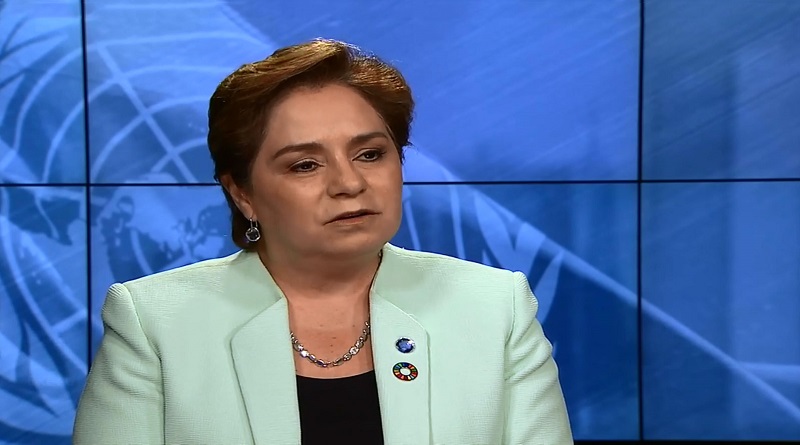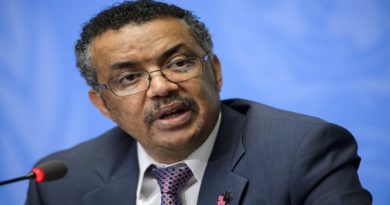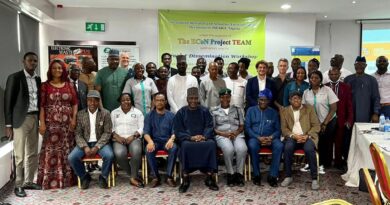Leaders address key global crisis at UN virtual summit
At the 20th UN Global Compact Leaders Summit, taking place 15 and 16 June, thousands of leaders from government, civil society and the United Nations are discussing how business can support countries and communities around the world to recover better, recover stronger and recover together from three global crises – health, inequality and climate.
UN Climate Change Chief Patricia Espinosa and the Climate Champions of COP 25 and COP 26, Gonzalo Muñoz and Nigel Topping, took part in discussions on the climate crisis during the summit, which marked the 20th anniversary of the UN Global Compact, the world’s largest corporate sustainability initiative.
In her closing remarks, Ms. Espinosa underlined the importance of partnerships between governments, businesses and other non-State actors to fulfill the goals of the Paris Climate Change Agreement in the spirit of “inclusive multilateralism.”
While acknowledging the challenges posed by COVID-19, Ms. Espinosa stressed that the climate emergency remains and demands an urgent response:
“We cannot simply put the climate emergency on hold. The world has lost the luxury of time. We must act while we still can to avoid the tragedy that runaway environmental degradation will cause.”
In this crucial year for climate ambition, she said that state and non-state actors alike will have to significantly boost their ambition to tackle the climate crisis and highlighted some recent initiatives that have been undertaken to drive this forward.
One of these initiatives is the series of online events organized by UN Climate Change that took place during the first 10 days of this month. Referred to as “June Momentum,” it provided an opportunity for Parties and other stakeholders to continue exchanging views and sharing information so they can maintain progress in the UN Climate Change process.
A further significant initiative cited by Ms. Espinosa is the Race to Zero Campaign announced last week which aims to mobilize leadership and support from businesses, cities, regions and investors to help create a healthy, resilient and zero-emissions recovery:
“It’s gratifying to see members demonstrate how they’re already in the race to zero, setting interim targets in 2025 and 2030,” she said.
However, with all eyes on climate neutrality by 2050, she pointed out that we can’t get to 2050 without meeting our outstanding commitments for 2020:
“If we meet all our 2020 goals, and if the Race to Zero Campaign is as productive as I am sure it will be, then I am convinced that together we can indeed help flatten the climate curve, plan a cleaner, safer, healthier future, and build a more sustainable and resilient tomorrow for all people.”




